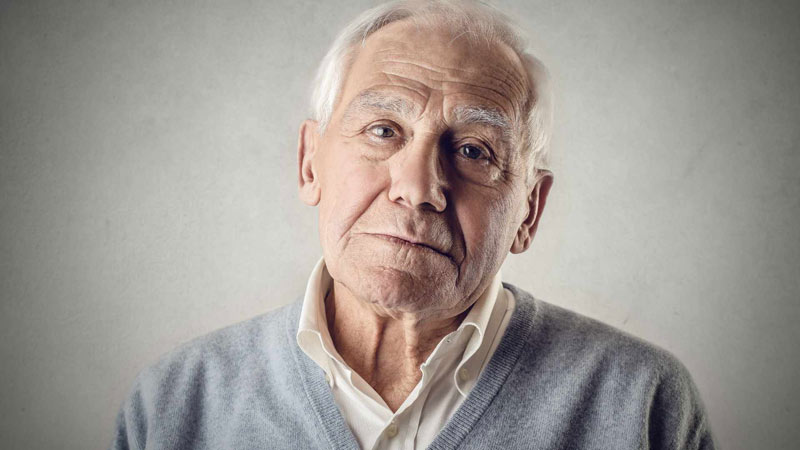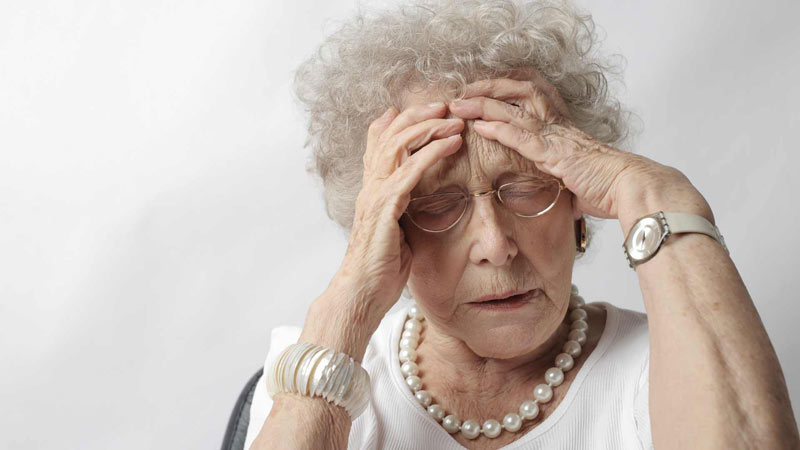
“A person’s will is his dignity”
A durable power of attorney is a legal document that allows any adult (over the age of 18) to determine explicitly, precisely who will be authorized, on his behalf, to make decisions for him and to handle his medical and/or economic affairs come the day that he will not be fit to decide and handle them himself. Moreover, he is entitled to determine how his life will be conducted in the new way of living, imposed upon him, when his judgment and his ability to make decisions will have been compromised.
In fact, this appointment allows a person to plan his future as he sees fit, in a situation in which medically (physically or mentally) he will be denied the possibility.
Normative framework
Legal Competence and Guardianship Law, 5722 – 1962.
Legal Competence and Guardianship Law (Amendment no. 18), 5776 – 2016.
Legal Competence and Guardianship Regulations (Durable Power of Attorney, Preliminary Guidelines for the guardian, and Expression of Will Document), 5777 – 2017.
Legal Competence and Guardianship Law, 5722 – 1962 – Background
Legal Competence and Guardianship Law, enacted in 1962, allows the appointment of a guardian for a minor and for an adult, in various situations in accordance with Article 33(a) of the Law.
With regard to the appointment of a guardian to a person (an adult), the law specifies two situations:
When an adult “is unable, permanently or temporarily, to handle his own affairs, in part or in their entirety, and there is no-one who is authorized and willing to handle them in his stead,” Article 33(a)(4) of the Law.
When a person is defined as, or answers the definition of, “Legally incompetent”, as defined in the Law. “A person who, because of mental illness or mental disability is unable to handle his own affairs, the Court is entitled, at the request of his partner or relative, or at the request of the Attorney General, or his representative, and after hearing the person or his relative, to declare him legally incompetent”, Article 8 of the Law.
In a situation in which a person is unable to function properly, and administer his own affairs, the Court is authorized to appoint a guardian to protect that person in the administration of his affairs, including his physical, medical and financial affairs.
The job of the guardian is to handle that person’s affairs in the best possible way, with the powers granted to him by the Court, while constantly adhering to his wellbeing, his interests, his needs and also safeguarding all his rights while maintaining his dignity.
The appointment of a guardian by the Court is a cumbersome process, which might be long because of disagreements that may arise between family members and others, who might make difficulties for the appointment as determined.

The Court’s appointment of a guardian is subject to, and liable to, the supervision of various authorities. Moreover, the guardian is obligated to file various reports relating to the person for whom he is responsible, to the Ministry of Justice and to the Administrator General. Furthermore, there are multiple situations that require the Court’s approval and consent for the appointed guardian to take action, which leaves many issues under the authority of the Court and ties the person to the Court for the duration of his life.
Durable power of attorney – the news
In March 2016, the Legal Competence and Guardianship Law was amended (Amendment 18). The fundamental point of the amendment relates to the preservation of a person’s dignity by exercising his will, when he is competent of doing so, in the event that he will lose his competence for any reason.
The most significant change, in my opinion, is the possibility of appointing a person, by means of a durable power of attorney, according to which the person making the appointment gives instructions to the appointee, with regard to how his health, his finances and his property are to be handled, and the manner in which his will will be fulfilled in the question of how his personal affairs will be handled when he is no longer able to do so himself.
The amendment fulfills the principle of maintaining a person’s autonomy, so that his independence is preserved, as far as possible, in a manner in which he is fully involved in his life, and in accordance with his prior instructions.
The appointing party enjoys a further, central advantage of the durable power of attorney, which is his own selection, of his own free will, while he is of sound mind, of the person who will take care of his affairs, and so he is not subject to the mercy of the Court or the members of his family.

A person’s medical condition can change in the blink of an eye, whether as a result of an accident (road accident, work accident, etc.) old age (dementia), mental disability that might impair his judgment. The appointing party is entitled to make an appointment by means of a durable power of attorney for all his personal affairs (including medical) and his property, or only for part thereof.
What are the matters that may be settled by a durable power of attorney?
Medical matters – any matters relating to the person’s physical health; this can be formalized by a ”medical durable power of attorney”, separately from a general durable power of attorney.
Personal matters – any matter related to the person’s personal wellbeing, starting from his place of residence, his health, his medical treatment and his wellbeing (physical and mental), social matters.
Finance and property – handling the person’s assets, finances and liabilities.
Moreover, the appointing party can determine general outlines for the functioning of the power of attorney as a person authorized to make future decisions on his behalf, on the various matters. And to leave the power of attorney discretion regarding the content of the decisions. On the other hand, the appointing party can give detailed wishes and opinions regarding the decisions to be taken on the various matters, by establishing “Preliminary Guidelines”. These guidelines may also include specific provisions for medical issues such as CPR, detachment of devices in a state of brain death, etc.
The amendment to the law stipulates that the appointing party is entitled to decide who will be the people that will receive information or reports from the power of attorney about any decision that he made or action that he took and is entitled to determine that the Administrator General will supervise the power of attorney.
After determining who will be the power of attorney, the appointing party is entitled to address any issue that he deems appropriate.
The appointing party is entitled to give written instructions to the power of attorney on how to act and what decisions to make in changing situations, and on a variety of matters that might arise.
The appointing party is entitled to authorize the power of attorney to act freely, at his own discretion, in making decisions in his affairs.
The appointing party is entitled to limit the power of attorney to specific matters, such as his medical affairs in various situations, or his property affairs, or, of course, both.
When will the durable power of attorney come into effect?
As part of the durable power of attorney, the appointing party determines the conditions under which the durable power of attorney comes into effect. Only when those conditions will exist, will it be possible to use the power of attorney, and the power of attorney will enter the shoes of the appointee.
It is possible that a situation will arise in which the appointing party does not explicitly stipulate a specific condition for the power of attorney to come into force. In such a situation, the durable power of attorney will take effect according to professional medical opinion which will determine that the appointing party is not capable to continue to administer his life and to make decisions on the matters for which the durable power of attorney was given.
Durable power of attorney – the practical aspect…..
A durable power of attorney is, to all intents and purposes, a legal process; only an attorney who has been accredited by the Administrator General, to engage in this field, provided that he has no personal interest in the power of attorney.
A durable power of attorney will be signed in the presence of a qualified attorney, according to a form. A copy, true to the original, will be deposited with the Administrator General as a prerequisite for its validity, if and when there will be a requirement, for which the durable power of attorney will come into effect, the depositing of the power of attorney will automatically ensure that no guardian will be appointed for that person. The attorney is responsible for registering the request at the Ministry of Justice.
Starting from the date of the deposit of the durable power of attorney with the Administrator General, and until the durable power of attorney comes into force, a “reminder” will be sent to the appointing party, every three years, to ensure that his will, his opinions or his intentions have not changed, as a result of a change in circumstances or for any other reason.
If a person has changed or altered the power of attorney, and a number of powers of attorney have been deposited on his behalf, for the same matter, the last to be deposited will be considered to be the determining power of attorney.
Our firm is authorized by the office of the Administrator General, in the Ministry of Justice, to draw up a durable power of attorney. Moreover, our firm believes that the importance of drawing up a durable power of attorney concerns each and every person, of all ages, and from the sobering view that the reality in which we live may change beyond recognition and without advance warning. Drawing up a durable power of attorney will automatically lead to the fulfillment of a person’s pre-determined wishes, with regard to who will be the power of attorney that handles his affairs and will fulfill his wishes in accordance with the instructions given in advance. This is in complete contrast to a person who requires the appointment of a guardian who will be appointed without his knowledge and will decide for him, independently.

